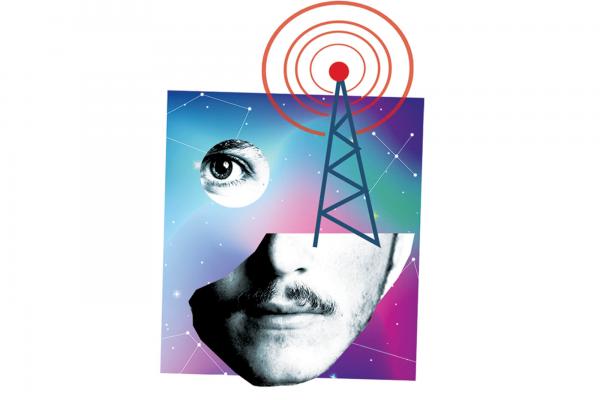THE UNIVERSE, as you may recall from a previous column, is an incalculably vast space that is constantly expanding. So it was surprising when scientists claimed that recently detected radio waves came from “halfway across the universe.” Not to quibble, but if the universe is infinitely large and expanding, how did they figure the halfway point? Our annual family drive to Dallas feels endless, but Memphis is definitely halfway.
Read the Full Article

Already a subscriber? Login
